Kodo Millet/Varagu
₹98.00 – ₹184.00
MRP incl.of all taxes
- Secure Transaction
Add to Wishlist
Add to Wishlist
Tracing back the Journey

About this Product
The small-seeded annual grass known as kodo millet, Varagu arisi, or Paspalum scrobiculatum, is indigenous to India. Farmers in India and other countries in Asia and Africa frequently grow it as a subsistence crop since it is a resistant plant that can flourish in dry, poor soil.
kodo millet benefits
- Because it is naturally gluten-free, it is an excellent option for those who have celiac disease or gluten intolerance.
- Given its low glycemic index and potential to help regulate blood sugar levels, it may be beneficial for diabetics.
- Because of its high dietary fiber content, it may help to prevent constipation, support good digestion, and reduce the risk of colon cancer.
- This millet is nutrient-rich and has good levels of protein, iron, calcium, and antioxidants.
Healthy recipes:
- Saute onions, ginger, and green chilies in a pan to prepare upma. When the millet is soft and fluffy, add the kodo millet and water. Add grated coconut and chopped coriander leaves as garnish.
- To make a salad, combine diced bell peppers, tomatoes, and cucumbers with cooked varagu millet. For taste and nutrients, add olive oil and lemon juice.
- A batter consisting of urad dal, varagu millet, and water can be used to make dosas. Make the batter on a griddle and serve it with tomato or coconut chutney for a tasty and nutritious breakfast.t.
Kodo millet in Tamil: varagu arisi | Kodo millet in marathi: Kodra
Watch our recipe video:
- Estimated Delivery: 3 - 7 Business Days.
- Free Shipping: Order above ₹500.
Best Offer
Apply Code: kaa-summer24
On your First Order.
Reviews
Related products
-
Rice
Navara Rice (Boiled)
Rated 0 out of 5₹154.00 – ₹295.00 This product has multiple variants. The options may be chosen on the product page -
Rice
White Ponni Rice
Rated 0 out of 5₹119.00 – ₹549.00 This product has multiple variants. The options may be chosen on the product page -
Oil / Honey
Wood Pressed Groundnut Oil
Rated 0 out of 5₹399.00 – ₹1,899.00 This product has multiple variants. The options may be chosen on the product page -
Oil / Honey
Wood Pressed Sesame Oil
Rated 5.00 out of 5₹249.00 – ₹490.00 This product has multiple variants. The options may be chosen on the product page -
Pulses
Urad Dal Split Black
Rated 0 out of 5₹144.00 – ₹279.00 This product has multiple variants. The options may be chosen on the product page -
Own Farm Produce
Coffee Powder Arabica
Rated 0 out of 5₹119.00 – ₹380.00 This product has multiple variants. The options may be chosen on the product page


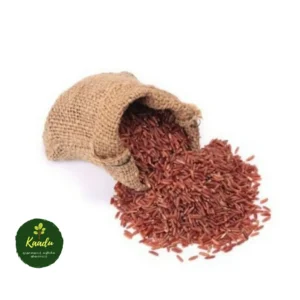
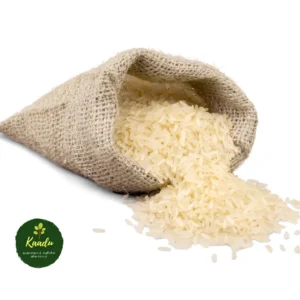
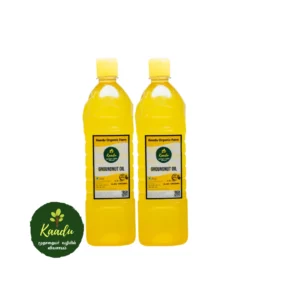

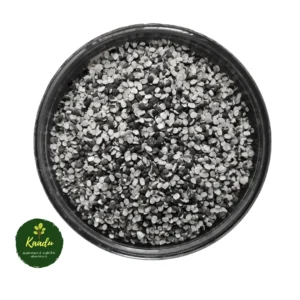
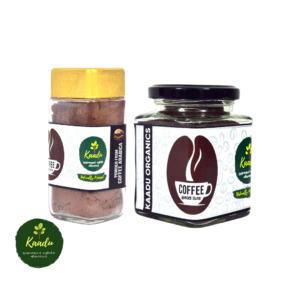
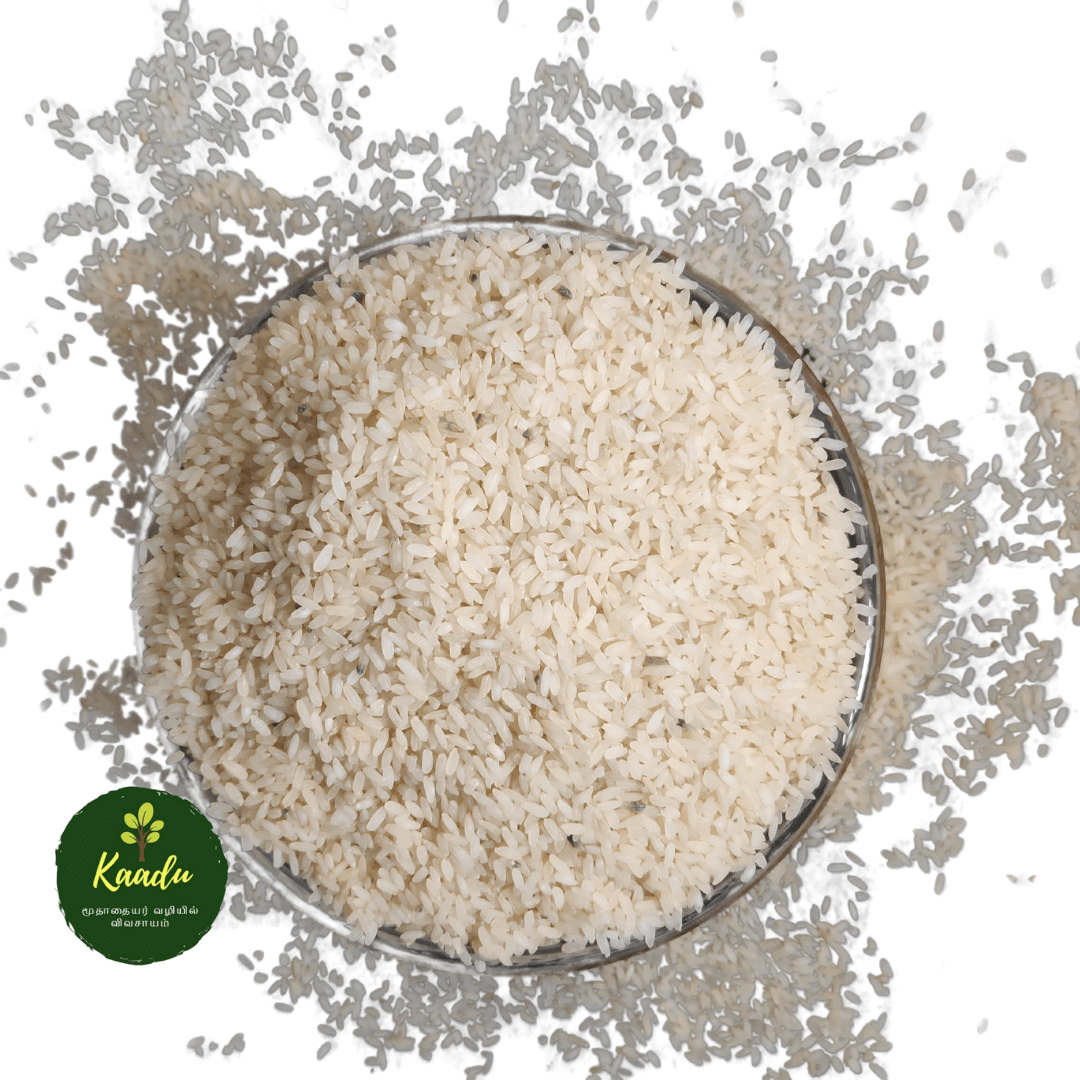
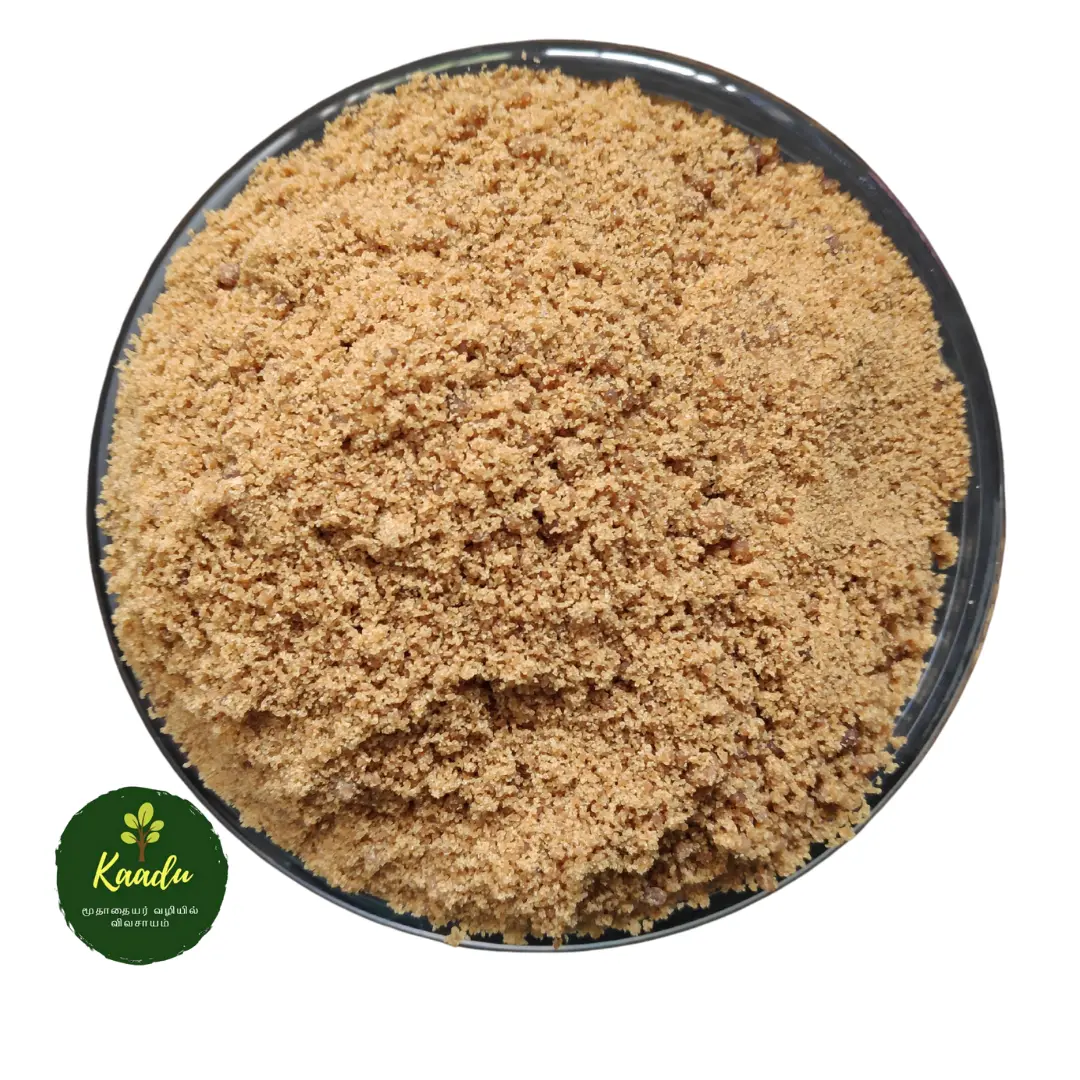
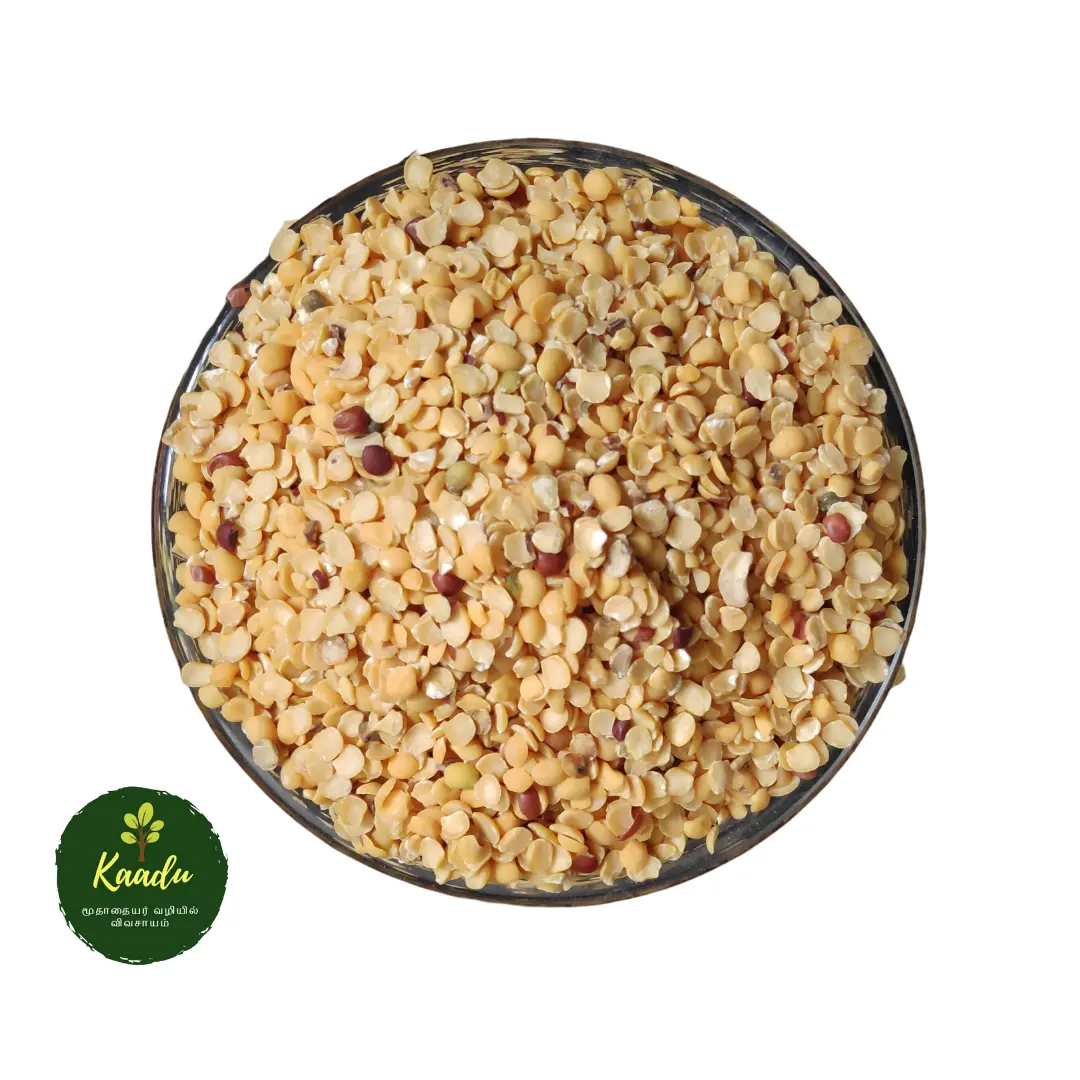

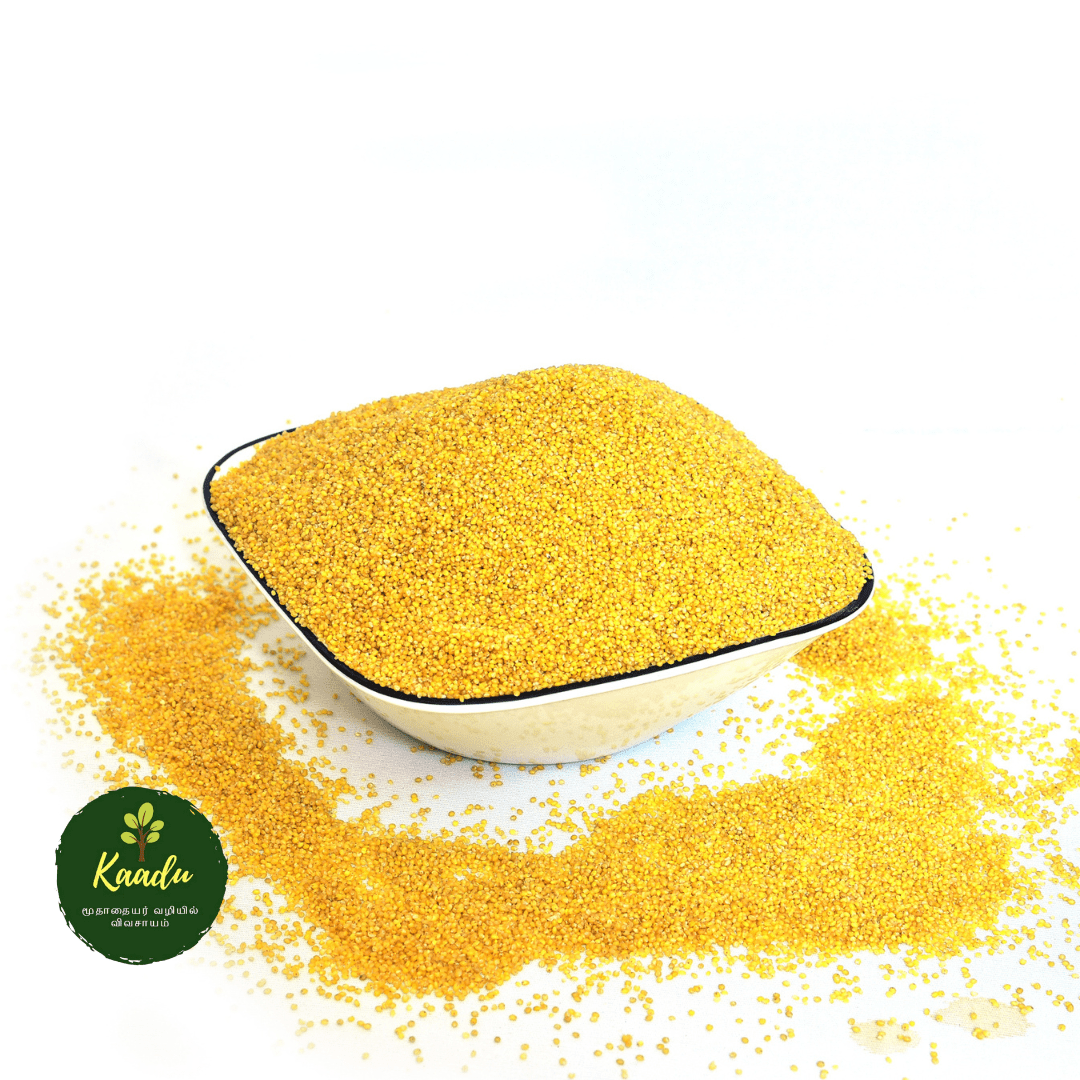
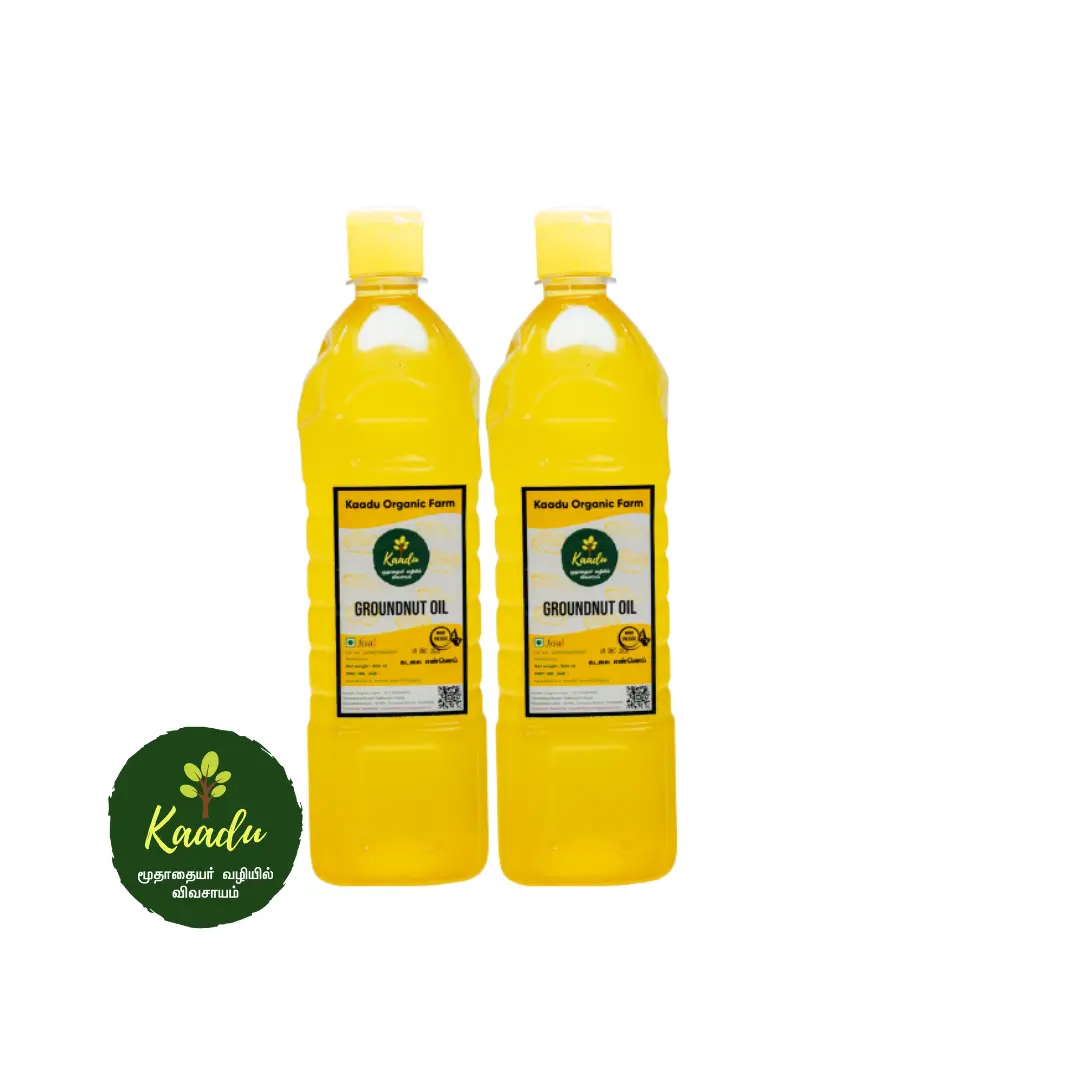
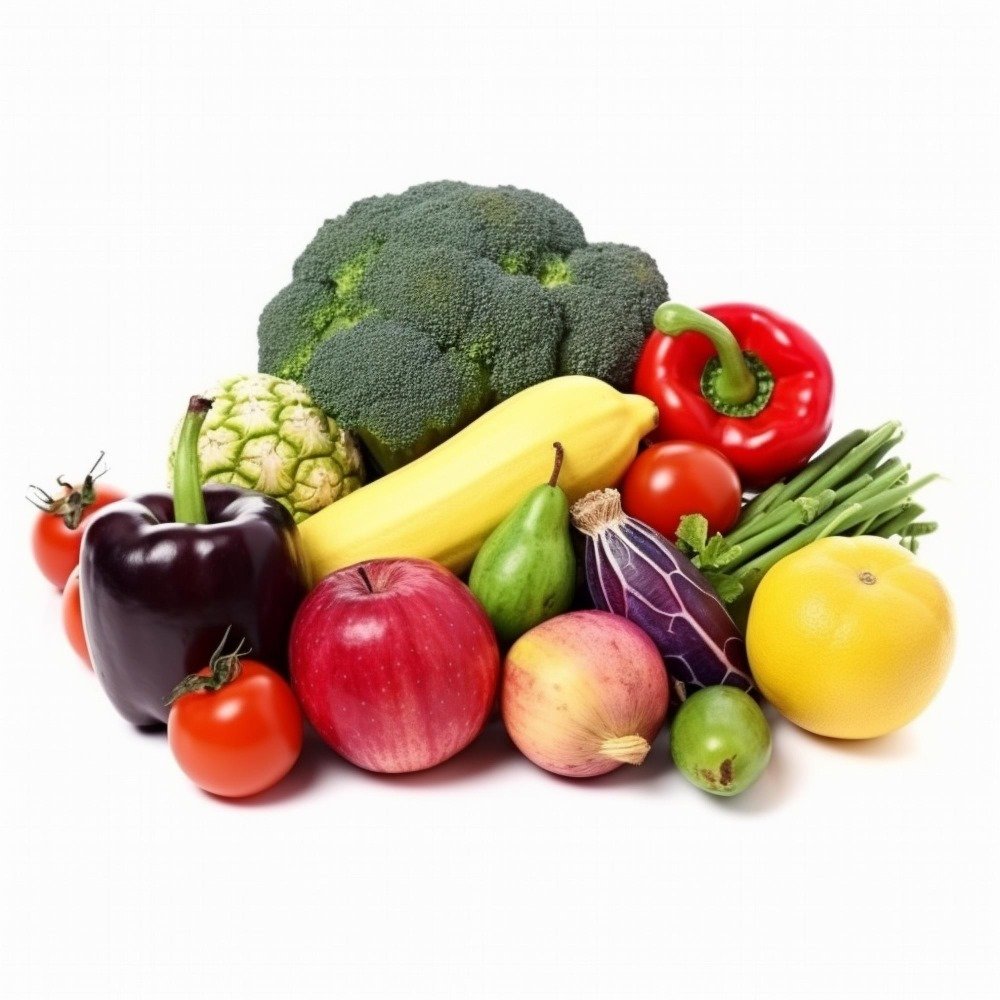
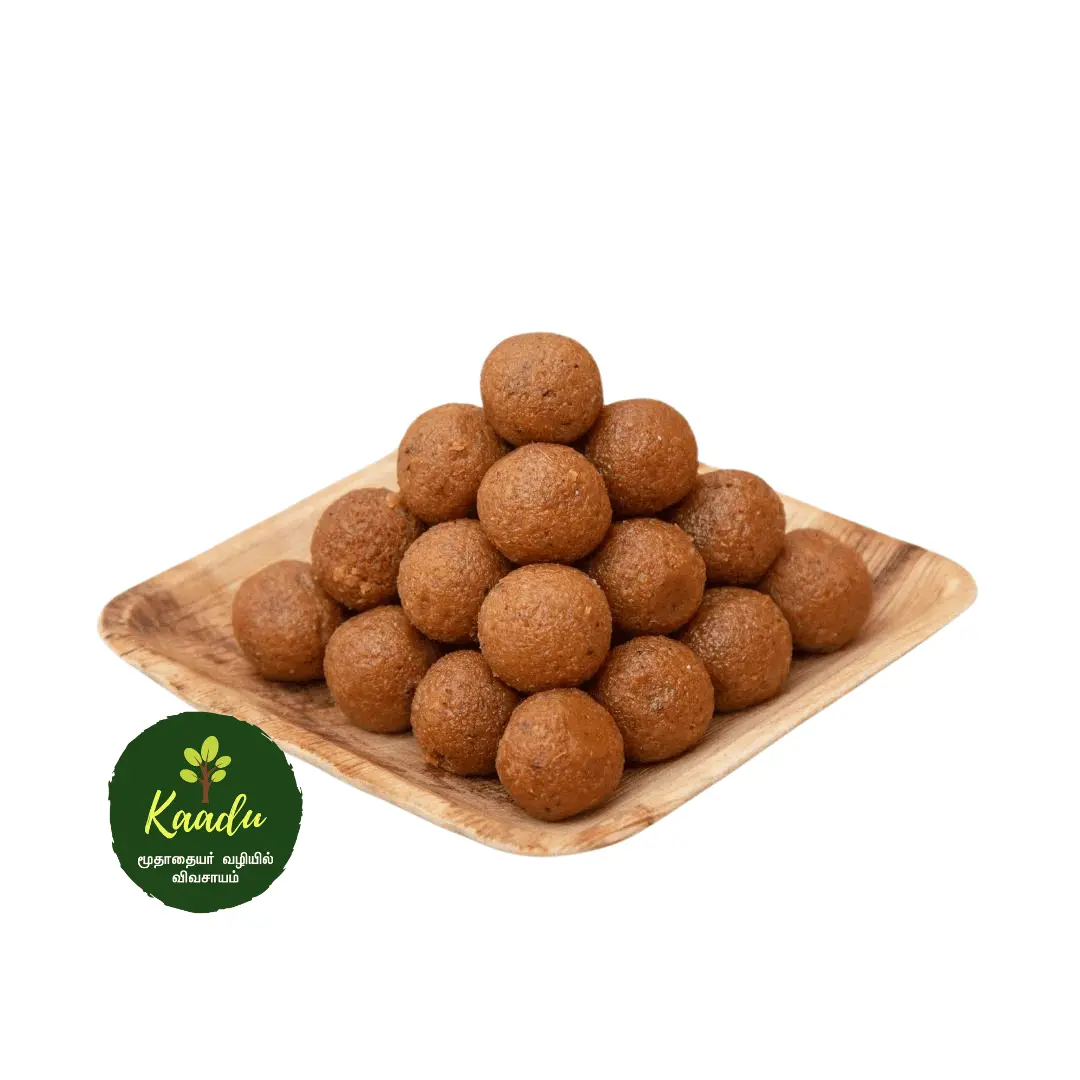
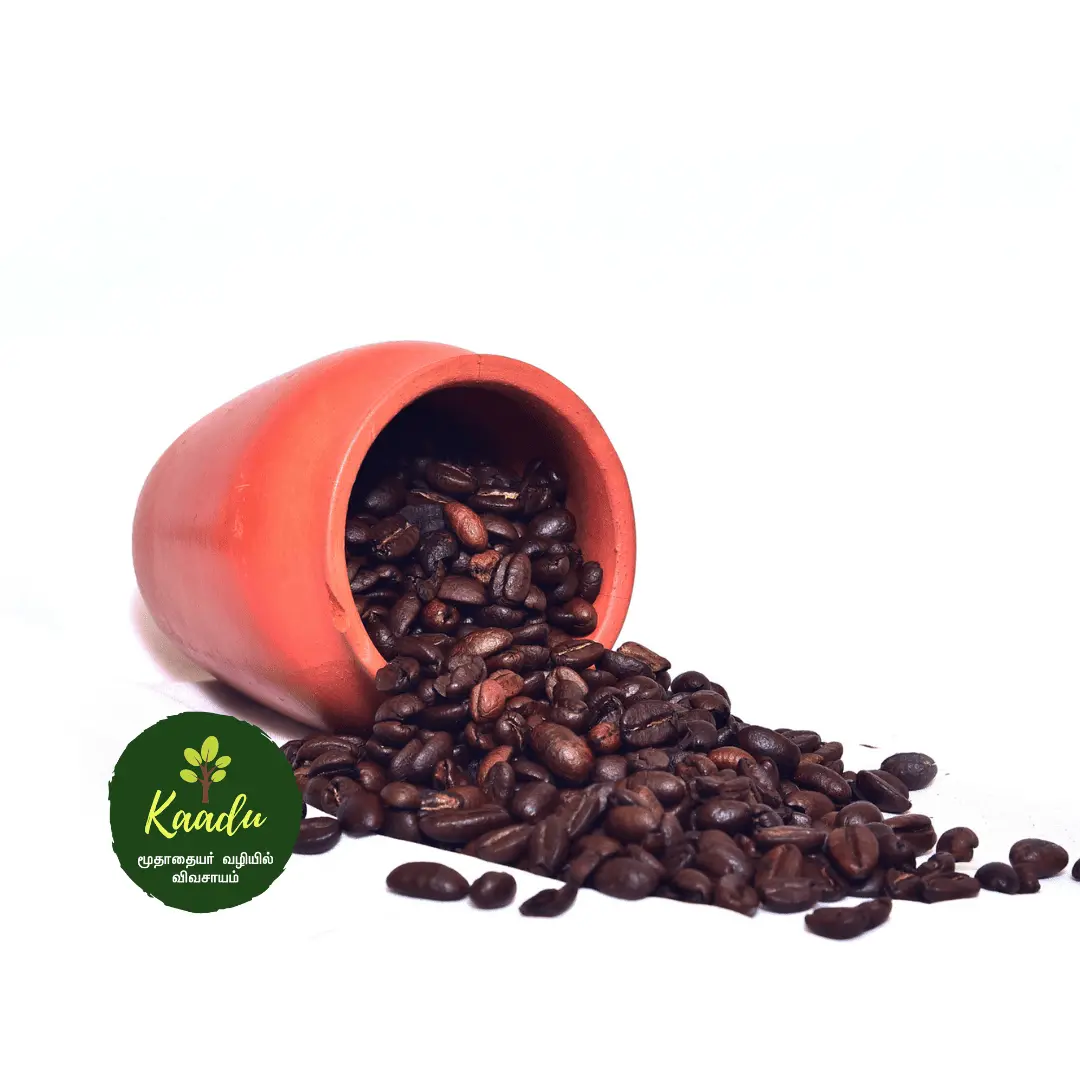
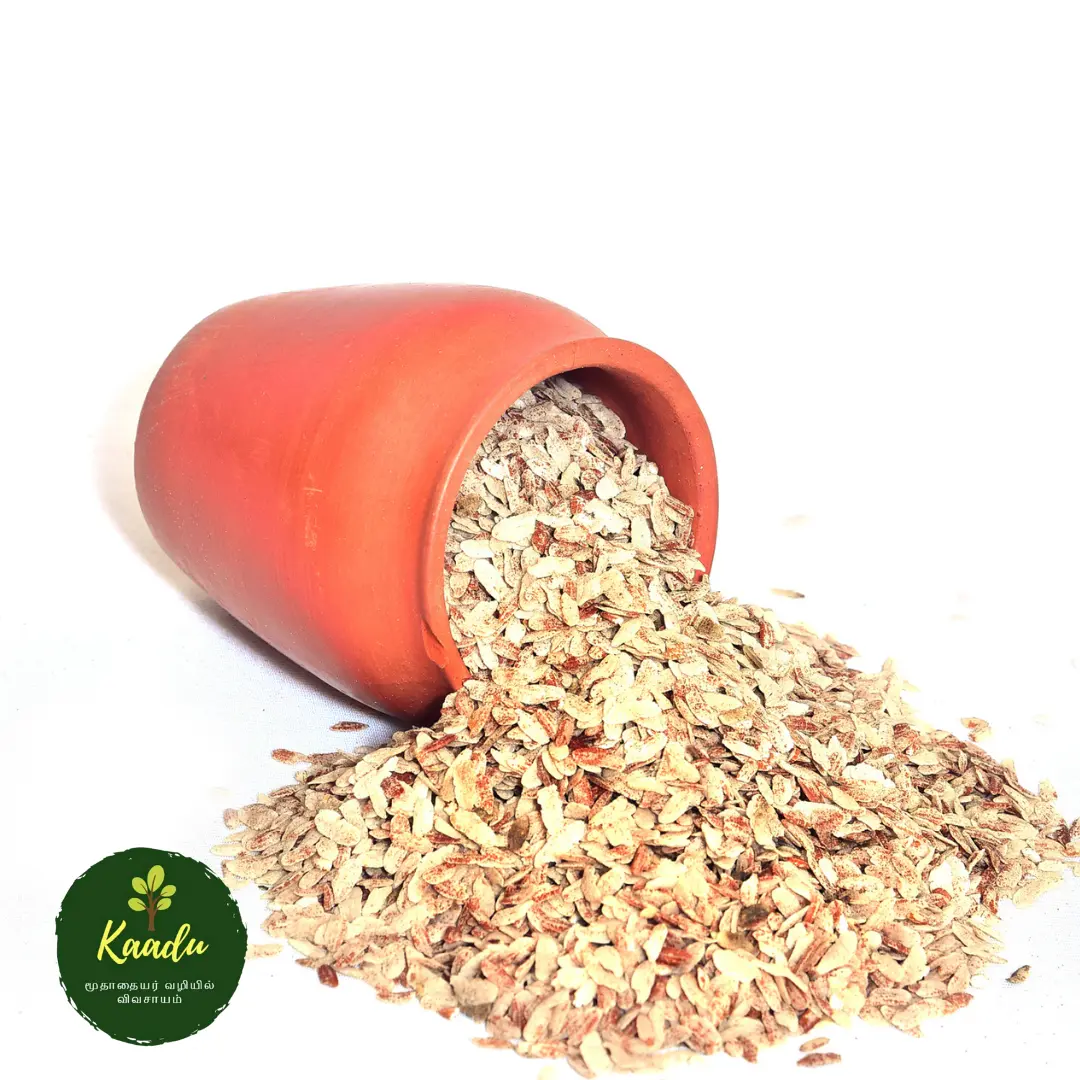

Reviews
There are no reviews yet.